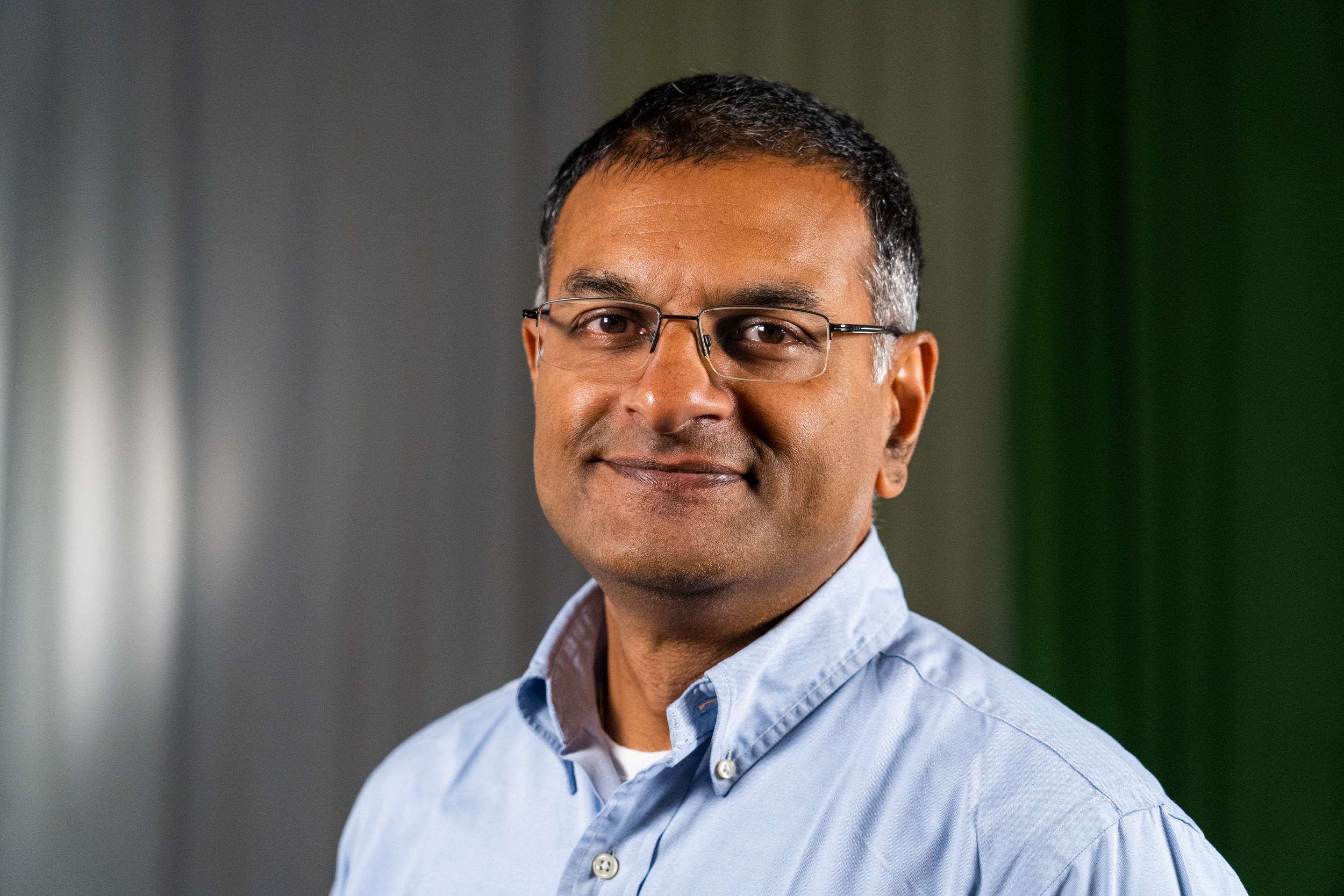EDP column by Professor Ketan Dhatariya
“My husband recently had a stroke that left him unable to speak properly. I always thought that having a stroke meant you were paralysed. Was I wrong?”
A stroke is more properly known as a cerebro-vascular accident or CVA. There are two main types of stroke. The first is known as an embolic or ischaemic stroke. This is where a blood vessel supplying a particular part of the brain is blocked. This blockage deprives the tissues ‘downstream’ of any oxygen and nutrients and thus the part of the brain supplied by that blood vessel dies off (becomes ‘ischaemic’). The second kind of stroke is known as haemorrhagic stroke. This is where a blood vessel bursts and so, again, blood cannot get to the places that need it and everything down stream dies off. Embolic strokes are more common that haemorrhagic strokes.
Depending on what part of the brain is affected can determine how the stoke is manifested. For example, if the blocked or burst vessel supplies the part of the brain that allows you to see, then there may be a loss of sight. If it involves the part of the brain that allows you to move your little finger on the right hand, then that may be paralysed. If more of the brain is lost then more function is lost. It may be just a small area, or a very large area. Recovery depends on how big the stroke was, where it was, the levels of functioning prior to the stroke, and several other factors. Newer treatments have become available over the past few years. In particular for ischaemic stroke that is caused by a blockage, if the person is aware of a problem and gets to hospital within 2 or 3 hours of the symptoms first starting, they can have a scan of their head to confirm the diagnosis and then have the same ‘clot busting’ drug that is often given to people who have a heart attack. It is important to remember that stroke is often treatable, or that the effects can be minimised with swift intervention. Doctors are aware that ‘time is heart muscle’ when dealing with a heart attack and similarly with a stroke ‘time is brain tissue’ and so should be treated as a ‘brain attack’ that needs rapid assessment and treatment.
In the UK about 130,000 people have a stroke every year. They tend to occur in the elderly, but can occur in any age. Certain things make stroke more likely and these are the usual suspects – smoking, high blood pressure, being overweight, poorly controlled diabetes, and high cholesterol levels. As with almost everything, it is important to take regular exercise, stop smoking, and watch your weight. If you think you may be at increased risk, talk to your doctor of pharmacist for advice.
For more information about Stroke/CVA click these links:
